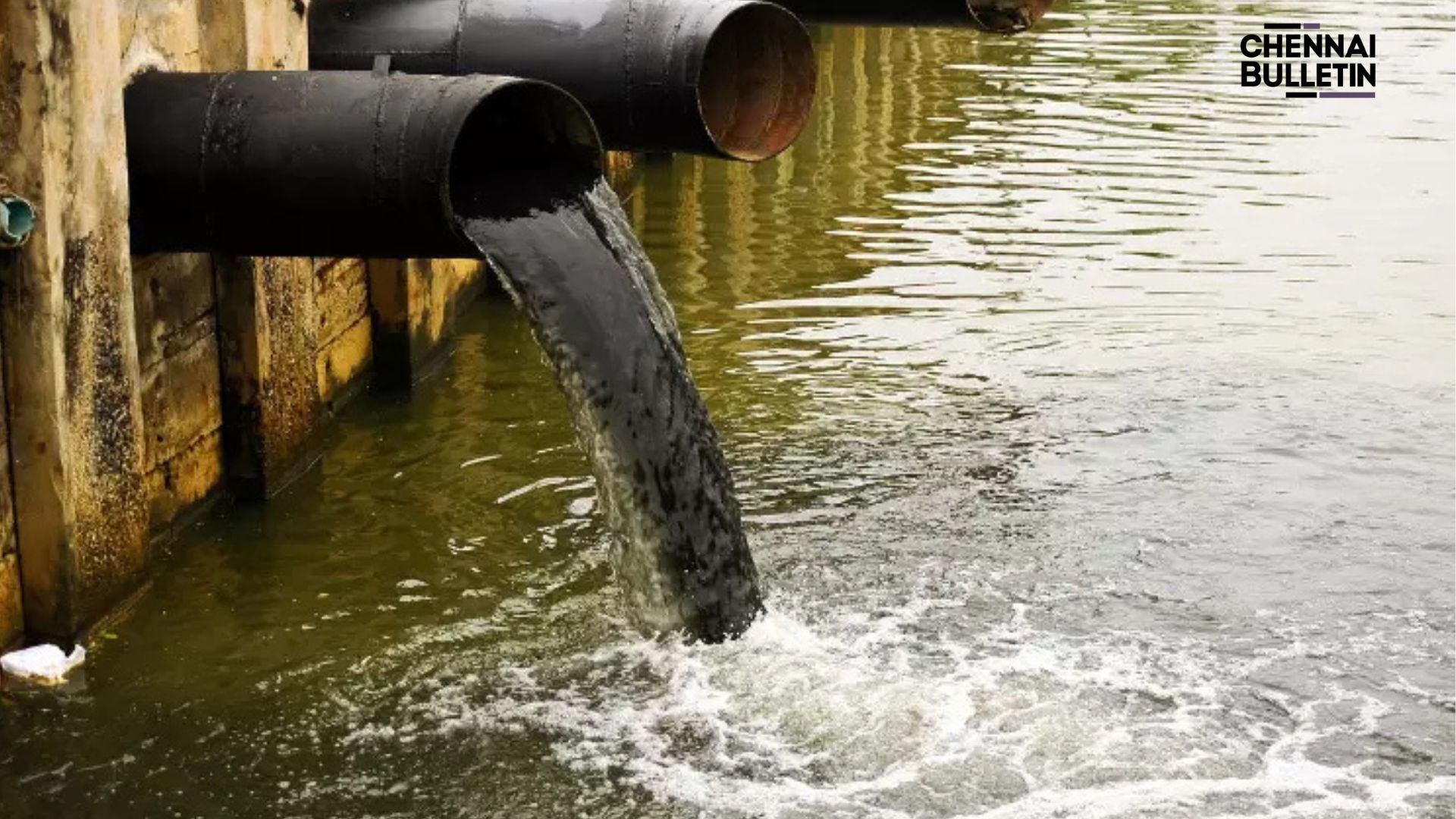The National Green Tribunal (NGT) is investigating a serious water contamination issue in Tambaram, near Chennai. This situation has resulted in three deaths and has made at least 20 people severely ill. The problem came to light following a news report on December 7, 2024, which highlighted the dangers of the local water supply.
Contaminated Water Supply
The news report suggests that public taps located near a sewage line on Mariamman Koil Street may be responsible for the unsafe drinking water. Water samples from various locations in the area, including Pallavaram Cantonment and Kamarajar Nagar, have been collected for testing. The goal is to identify the specific contaminants that led to the illnesses and deaths in the community.
Longstanding Complaints
Residents of Tambaram have been reporting issues with water quality for many years. Many have experienced symptoms like nausea and diarrhea. Some residents have also complained about a foul smell coming from the water. This is a persistent problem. For over 15 years, community members have raised concerns about their water quality, but little action has been taken to resolve it. The situation has recently worsened. Damage to water pipes from Cyclone Fengal has allowed sewage to mix with the drinking water supply.
Impact on Local Families
Approximately 50 families in the area, primarily from low-income communities, depend on these public taps for their water needs. The water is sourced from the Tamil Nadu Water Supply and Drainage Board (TWAD). This supply comes from the Palar River and nearby wells. Additionally, a water delivery truck visits the area every two days. However, this service is simply a temporary solution and does not meet all of the community’s needs.
Environmental Violations
This situation violates several key environmental laws designed to ensure clean drinking water and safeguard public health. In response, the NGT has ordered investigations by various government agencies. These include the Tamil Nadu Pollution Control Board and the Central Pollution Control Board. Their task is to determine the causes of the contamination and outline the necessary corrective actions.
Next Steps in the Investigation
The case has been forwarded to the NGT’s Southern Zonal Bench in Chennai. A hearing is scheduled for February 10, 2025. At this hearing, the involved authorities will be required to present detailed reports outlining their strategies for resolving the contamination. The community is hopeful for a timely and effective response.
Significance of the Crisis
This situation is a stark reminder of the importance of access to clean drinking water. For many residents of Tambaram, particularly those in low-income neighborhoods, this issue has persisted for far too long. The hope is that with the NGT’s involvement, concrete steps will be taken to address the water contamination and ensure safe drinking water for everyone.
A Broader Issue
Importantly, this problem is not limited to Tambaram. Water safety is a growing concern in cities worldwide. As urban populations continue to rise, ensuring safe and clean drinking water becomes increasingly challenging. The outcomes of this case could have significant implications for how water safety is managed not just in Tamil Nadu but across the entire country.
Looking Ahead
As the hearing date approaches, all eyes will be on local authorities and their actions in response to this crisis. This situation is not just about Tambaram; it is about ensuring that everyone, regardless of their circumstances, has access to safe drinking water. The community is watching closely, hoping that change will finally come.



